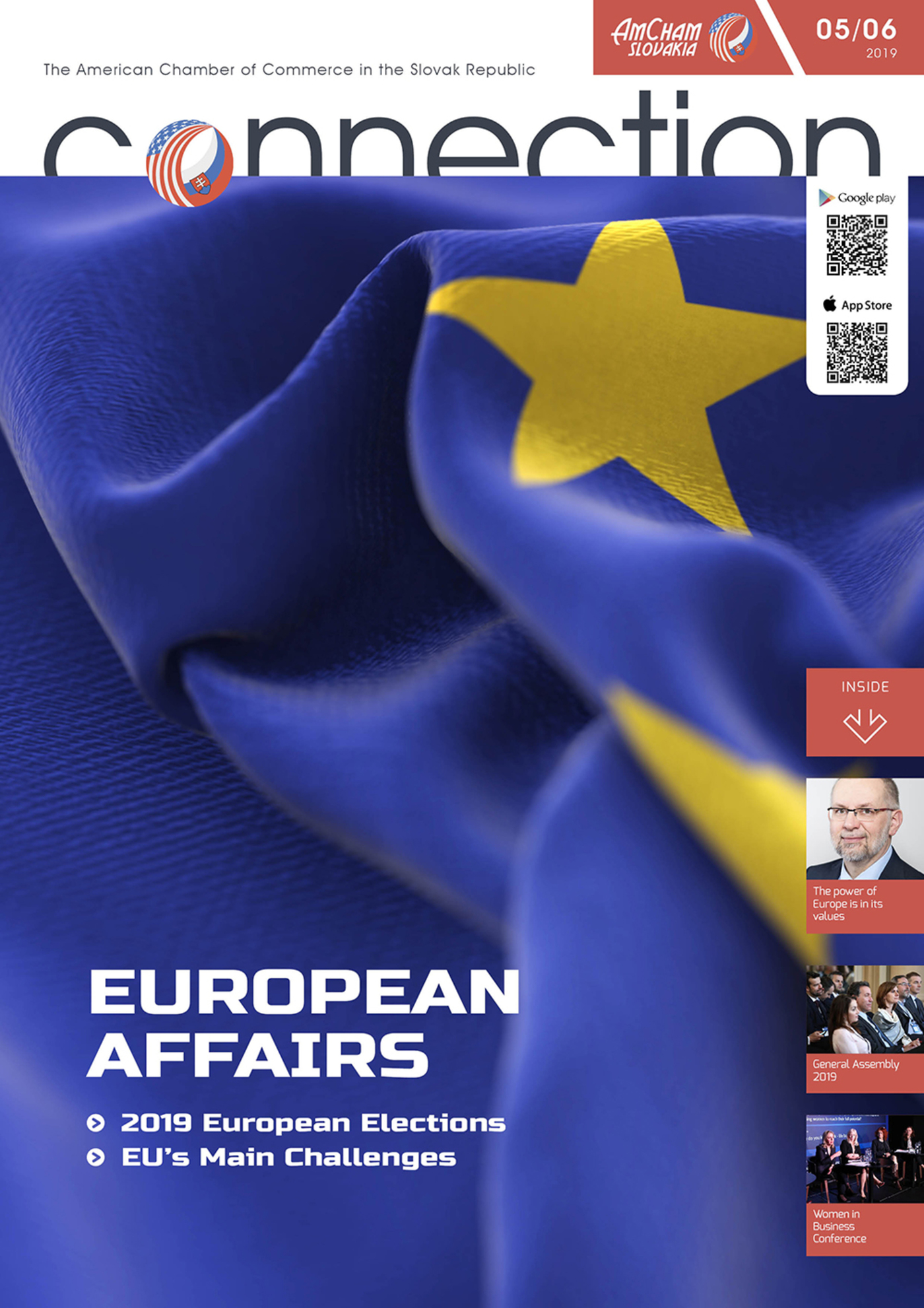The vision
Despite all the efforts, the EU´s vision of being the most competitive economy remains a vision. Many of them were addressed at improving the business environment and helping to create “ideal” conditions for small and medium-sized enterprises, which represent 99% of all businesses in Europe.
To fight the crisis, in 2008 the Commission put forward the Small Business Act for Europe - a SME policy flagship paper. This document contained ten principles, describing weaknesses as well as solutions. The problem related to this document was that everyone was free to do what they wanted; it only made recommendations of what both sides (the Commission and Member States) should do to improve the business environment.
After ten years we can conclude, that some countries have been following the good advice, but some have not. In the end, not everyone has the same goal (Pic 1) and different Member States are moving at different speeds.
The reality
The diversity of approaches towards SME policy implementation by Member States is reflected in the World Bank´s Doing Business ranking. According to the World Bank´s research, Denmark is the best EU country in terms of doing business (3rd place). Malta brings up the rear of the EU rankings in 84th place and Slovakia is in 42nd place. In Ireland, you can establish your business in five days, whereas in Slovakia it takes 26 days. In Ireland you will spend 82 hours a year dealing with taxes, while in Italy it takes 238 hours.
The quality of the regulatory framework - how easy it is to do business, and the degree of government regulation of certain activities can be seen as an important determinant of competitiveness. Denmark is known for its high level of social welfare, but it also supports the business sector. And this has proved successful. This results in the lead of Denmark compared with the EU average and Slovakia’s performance in fulfilling SBA goals. (Pic 2).
A good indicator related to the regulatory framework is the burden of government regulation, i.e. how burdensome it is for businesses to comply with governmental administrative requirements (e.g. permits, regulations, reporting). The development shown in Picture 3 indicates that the EU is yet to really cut the red tape and not much has changed.
Let´s look at the situation in Slovakia. In 2016, the government produced 196 measures with an impact on the business environment. In 2017, it was 201, and in 2018 this figure was 126. Less than 20% of these measures originated in EU directives or regulations, mostly they were national initiatives. All these new procedures brought a new burden of hundreds of million euros for entrepreneurs.
The challenge
The diversity of the EU member states is to be celebrated - in culture and traditions. But if Europe really wants to achieve economic leadership, it must be more open, get rid of the red tape, and act more as a single entity, rather than a group of many different ones.
Marián Letovanec, Director of the National and International Programmes Section, Slovak Business Agency



Follow us